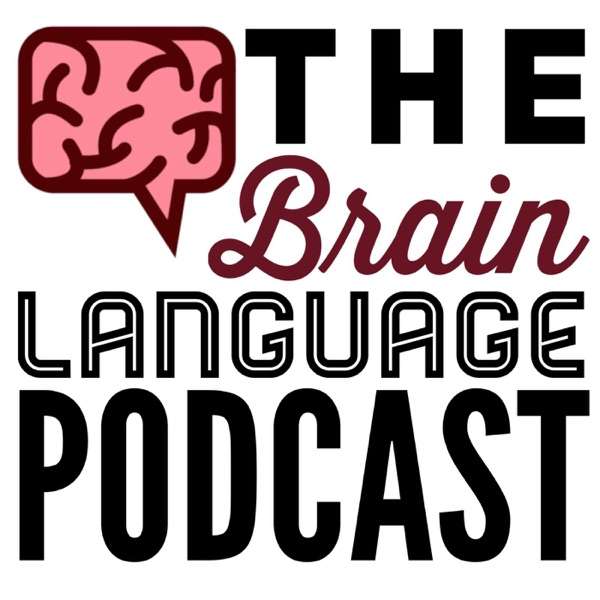chiudere = to close
chiudo, chiudi, chiude, chiudiamo, chiudete, chiudono
ascoltare = to listen to
ascolto, ascolti, ascolta, ascoltiamo, ascoltate, ascoltano
aiutare = to help
aiuto, aiuti, aiuta, aiutiamo, aiutate, aiutano
lavorare = to work
lavoro, lavori, lavora, lavoriamo, lavorate, lavorano
cominciare = to begin
comincio, cominci, comincia, cominciamo, cominciate, cominciano
preparare = to prepare
preparo, prepari, prepara, prepariamo, preparate, preparano
potere = to be able to It also translate as 'can' or 'may.'
io posso = I am able to, I can
tu puoi = you are able to, you can (informal)
Lei puo' = you are able to, you can (formal)
lui/lei = he/she are able to, he/she can
noi possiamo = we are able to, we can
voi potete = you are able to, you can (plural)
loro possono = they are able to, they can
La donna puo' venire. = The woman can come.
Possiamo andare dopo cena. = We can go after dinner.
Posso parlare inglese? = May I speak English?
Io posso cantare. = I can sing.
Puo' mangiare la carne con una forchetta. = She can eat the meat with a fork.
Lei puo' capire lo spagnolo? = Can you (formal) understand Spanish?
I ragazzi italiani possono giocare il calcio. = The Italian boys can play soccer (football).
Potete aiutare quell'uomo. = You (plural) can help that man.
Mario puo' suonare il pianoforte. = Mario is able to play the piano.
dovere = to have to. Can also be translated to the English word 'must.'
io devo = I have to, I must
tu devi = you have to, you must (informal)
Lei deve = you have to, you must (formal)
lui/lei deve = he/she has to, he/she must
noi dobbiamo = we have to, we must
voi dovete = you have to, you must (plural)
loro devono = they have to, they must
L'insegnante deve preparare la lezione. = The teacher has to prepare the lesson.
Dovete lavorare ogni giorno. = You (plural) must work every day.
Chi deve studiare il libro? = Who must study the book?
Le ragazze devono andare al negozio. = The girls must go to the store.
Il bambino deve ascoltare meglio. = The child must listen better.
A che ora devi andare in classe? = What time do you have to go to class?
Perche' devo portare una cravatta? = Why must I wear a tie?
Quando dobbiamo avere i soldi? = When do we have to have the money?
volere = to want, to want to
io voglio = I want, I want to
tu vuoi = you want, you want to (informal)
Lei vuole = you want, you want to (formal)
lui/lei vuole = he/she wants, he/she wants to
noi vogliamo = we want, we want to
voi volete = you want, you want to (plural)
loro vogliono = they want, they want to
'volere' can be used in two ways. One is as a modal verb where it is followed by another verb in its infinitive form.
Il dottore vuole parlare con Lei. = The doctor wants to speak with you (formal).
Volete mangiare i fagioli oggi? = Do you (plural) want to eat beans today?
Voglio ascoltare la canzone. = I want to listen to the song.
Loro vogliono imparare il russo. = They want to learn Russian.
'volere' can also mean 'to want' without using it as a modal verb.
Lui vuole un cane. = He wants a dog
Vogliamo un insegnante buono. = We want a good teacher.
Chi vuole un biscotto? = Who wants a cookie?
sapere = to know how to
io so = I know how to
tu sai = you know how to (informal)
Lei sa = you know how to (formal)
lui/lei sa = he/she knows how to
noi sappiamo = we know how to
voi sapete = you know how to (plural)
loro sanno = they know how to
Gianni sa suonare il pianoforte. = Johnny knows how to play the piano.
Gli studenti sanno studiare. = The students know how to study.
Sapete parlare italiano? = Do you (plural) know how to speak Italian?
Non so cantare molto bene. = I don't know how to sing very well.
Che cosa sappiamo fare bene? = What do we know how to do well?
I tedeschi sanno lavorare ogni giorno. = The Germans know how to work every day.
I giapponesi sanno cucinare il pesce bene. = The Japanese know how to cook fish well.

 Our TOPPODCAST Picks
Our TOPPODCAST Picks  Stay Connected
Stay Connected







